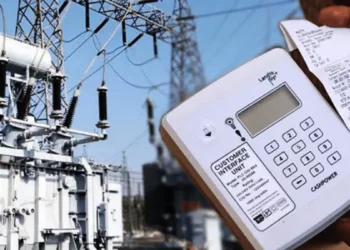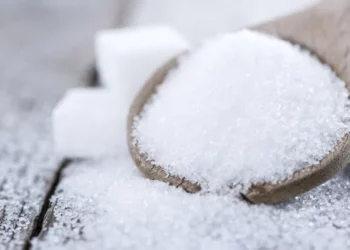By Cees Harmon
President Muhammadu Buhari may be staying the course of the fuel subsidy yoke pending commencement of fuel production and other related products at Dangote Refineries in 2021. Against all economic wisdom in the midst of revenue shortfalls and the added burden of the new minimum wage, the Buhari government insists on subsidizing fuel at the expense of much needed infrastructural projects, which many economists consider sheer waste.
The Dangote Refinery, which will be the largest in the world is being built with a capacity to produce 650,000 barrels per day, an equivalent of 103,350,000 liters per day. That is more than double Nigeria’s daily consumption of fifty million barrels per day.
According to the Dangote Industries Limited, the refinery, when completed, can meet Nigeria’s requirement of all liquid products such as petrol, diesel, kerosene and aviation fuel, and will have a surplus of each of the products for export.
Sources tell National Economy that the president may be staying the course of fuel subsidy pending the coming on stream of Dangote Refineries when the Federal Government will completely withdraw subsidies, fearing public backlash in the eventuality of subsidy removal for now.
The federal and state governments are making increasingly lopsided expenditure tilting in the recurrent direction, with little left for capital outlay. The trend leaves infrastructure development such as road construction, power, etc., which are necessary for economic growth decrepit.
If actualized, the outward flow of funds consequent to fuel subsidy will be completely reversed, with added revenues from the export of fuel products to other countries, taking advantage especially of ready markets in neighboring countries. The refinery will also create a ready market for the domestic sale of Nigeria’s crude oil, thus increasing the opportunity for daily crude oil production.
The development may also put paid to the government ownership of four refineries in Port Harcourt, Warri and Kaduna, which maintenance industry watchers view as consummate waste. It may also discourage the development of scores of modular refineries that have been licensed in the past.
It may be recalled that 44 refinery licenses have been given to private investors, but years after, only a few are being developed, with many still at the stage of sourcing finance. Niger Delta Petroleum Resources Limited is the only licensed company that has been able to build and run a refinery, with current production of 1,000 barrels per day, and expansion work underway to produce 6,000 barrels per day.
The Department of Petroleum Resources says 24 of the 44 companies licensed to operate modular refineries were still sourcing funds as of 20 months ago, even after having been granted license more than five years prior.
However, progress is said to be recorded by some licensed companies such as Azikel Petroleum Limited in Bayelsa, expected to come on stream by 2021 and Watersmith Refining & Petrochemical Company Limited in Imo State, expected to be completed in 2020.
The National Refineries Special Task Force, which was set up by the Ministry of Petroleum Resources in 2012, says it examined 35 greenfield private refinery licensees and found only seven to have reasonable potential.



